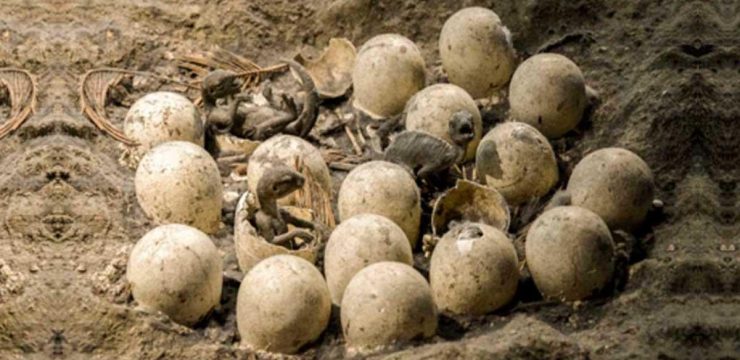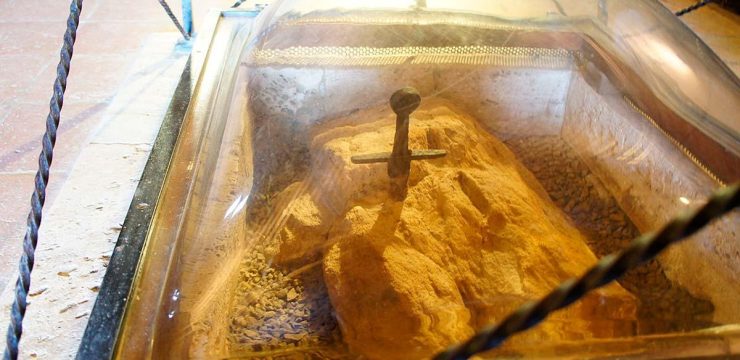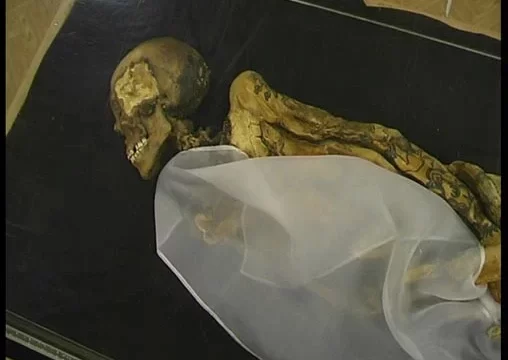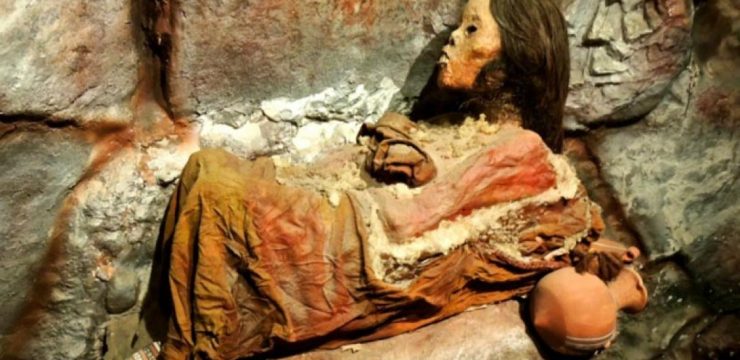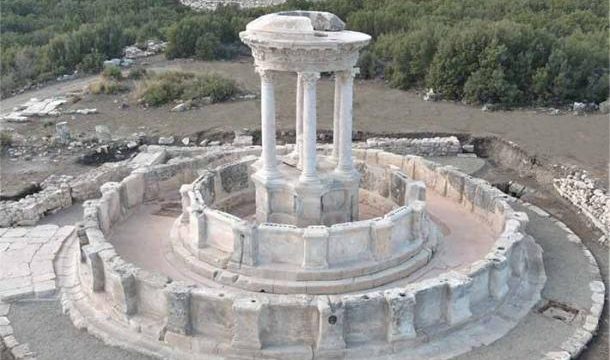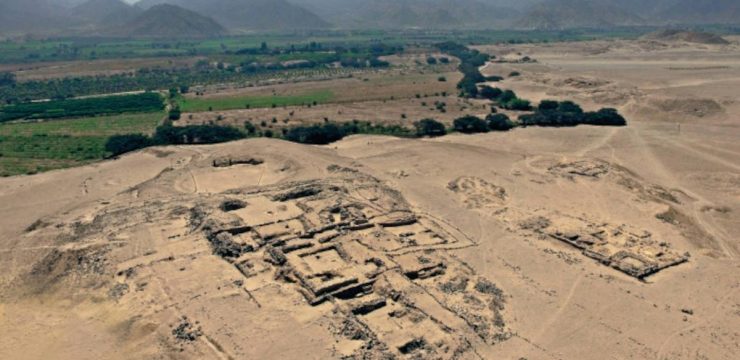In the ancient Mesopotamian city of Uruk, a civilization flourished along the banks of the mighty Euphrates River. At its heart stood a king of unparalleled strength and wisdom, a ruler whose very name would echo through the ages—Gilgamesh. More than just a mortal leader, Gilgamesh was believed to be two-thirds divine and one-third human, a demigod whose strength surpassed that of any warrior. From an early age, his unmatched power allowed him to conquer wild beasts with ease, striking them down with a single blow and even subduing lions with his bare hands. Yet, despite his god-like might, Gilgamesh felt an emptiness deep within his soul. He yearned for something beyond conquest, beyond mere mortal achievement. This longing set him on a path that would become one of the greatest stories ever told—the Epic of Gilgamesh.
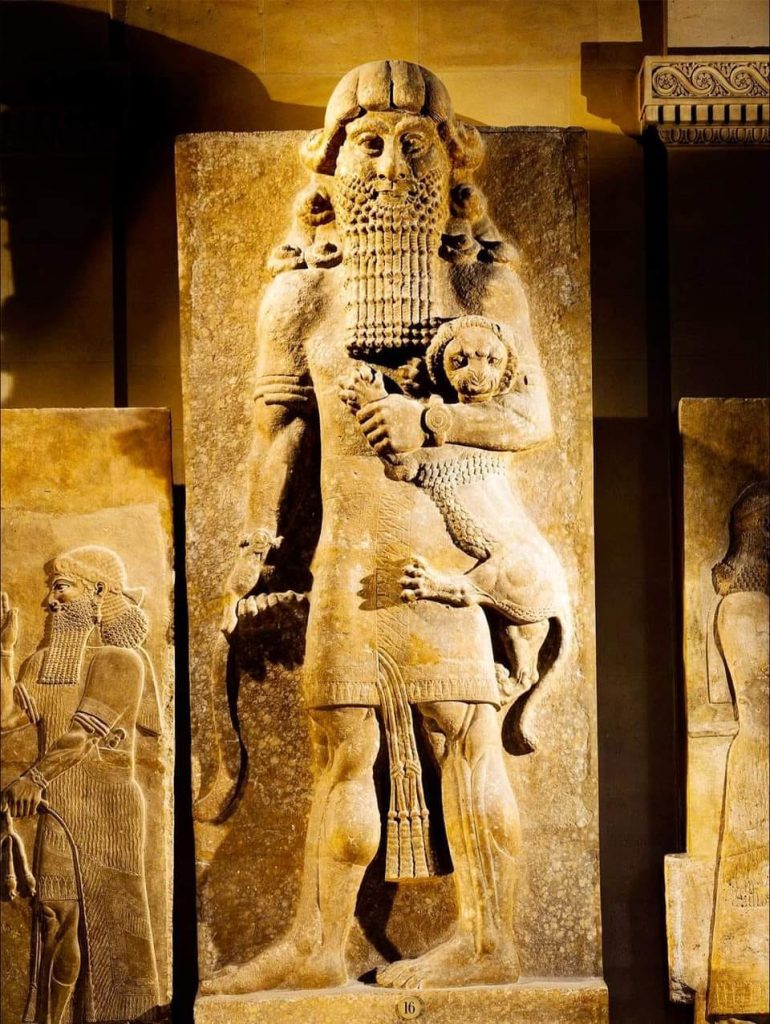
The legend, preserved on ancient clay tablets and believed to be more than 4,000 years old, recounts the trials and triumphs of this formidable king. The tale begins in Uruk, a city of towering walls and unmatched grandeur. Though Gilgamesh was a mighty ruler, his arrogance weighed heavily upon his people. He was a leader who demanded too much, a king whose unchecked ambition led to exhaustion among his subjects. Seeing the plight of the people, the gods decided to intervene, crafting a being who could challenge Gilgamesh—a rival who would be his equal in strength and might. This being was Enkidu, a wild man raised in the wilderness, a creature of nature untouched by civilization.
Enkidu roamed the lands freely, living among the animals and drinking from the rivers. Yet his destiny was intertwined with that of Gilgamesh. When he was brought to Uruk, their fated meeting sent tremors through the city. The two men clashed in an earth-shaking battle, neither yielding to the other. They fought with fury and strength, the force of their struggle shaking the very foundations of the land. But as the battle raged on, something extraordinary happened—mutual respect blossomed between them. Recognizing each other’s strength and valor, they set aside their rivalry and became the closest of friends. From that moment, they were inseparable, bound by an unbreakable bond of brotherhood.
With their newfound camaraderie, Gilgamesh and Enkidu embarked on a series of legendary quests. Among the most famous was their perilous journey to the Cedar Forest, a vast and sacred land guarded by the monstrous Humbaba. This terrifying guardian, appointed by the gods, was a creature of immense power, whose very presence instilled fear in all who dared approach. Yet Gilgamesh and Enkidu, driven by the fire of adventure, confronted the beast without hesitation. Their battle was fierce, a clash of brute strength and divine fury. Though Humbaba pleaded for mercy, the two heroes struck him down, securing a glorious victory.
But such defiance against the gods could not go unpunished. Their triumph came at a terrible cost. The gods, angered by their reckless bravery, decreed that one of them must pay the ultimate price. The punishment fell upon Enkidu. Stricken with illness, he suffered greatly, his once-mighty form weakening until he finally succumbed to death. Gilgamesh, who had never known such loss, was shattered. His grief was boundless, his sorrow unrelenting. Enkidu’s death opened Gilgamesh’s eyes to a terrifying truth—his own mortality. The once-invincible king, who had conquered beasts and vanquished foes, was now confronted with the inescapable fate of all men.
This unbearable realization ignited a desperate quest—the search for immortality. Gilgamesh could not accept the finality of death. He refused to believe that his fate was to vanish into nothingness. Determined to escape his own mortality, he set forth on a perilous journey to find Utnapishtim, the only man granted eternal life by the gods. Utnapishtim had survived the great flood that once engulfed the world, a deluge so mighty that it wiped out nearly all of humanity. Surely, he held the secret to eternal existence.
The journey was arduous, fraught with unimaginable dangers. Gilgamesh ventured through treacherous mountains, crossed the vast and deadly waters of death, and braved trials no mortal had ever faced. At last, he reached Utnapishtim, who listened to the desperate plea of the grief-stricken king. But the answer Gilgamesh received was not what he had hoped for. Immortality, Utnapishtim explained, was a gift granted only by the gods. No mortal, no matter how strong or determined, could seize it through effort alone. To prove this truth, he set a simple test before Gilgamesh: stay awake for six days and seven nights. If he could conquer sleep, perhaps he could defy death itself. But exhaustion overtook the king, and he failed the test.
Yet Utnapishtim, seeing the depth of Gilgamesh’s sorrow, offered him one last hope—a sacred plant hidden at the bottom of the sea, one that could restore youth. Seizing upon this chance, Gilgamesh retrieved the plant, believing he had finally won the battle against time. But as he rested on his journey home, a cunning serpent stole the plant away, consuming it and shedding its skin—a cruel reminder that renewal and rebirth were not meant for men. Devastated, Gilgamesh returned to Uruk empty-handed, his dreams of immortality shattered.
But in his defeat, Gilgamesh found wisdom. He came to understand that true immortality did not lie in living forever, but in the legacy one leaves behind. He resolved to be a ruler worthy of remembrance, dedicating himself to the prosperity of his city. He strengthened Uruk’s towering walls, ensuring its security for generations to come. He ruled with wisdom, compassion, and a newfound appreciation for the fleeting beauty of life.
The story of Gilgamesh, preserved in ancient cuneiform tablets, stands as one of the oldest and most profound literary works known to humanity. It is a tale of friendship, loss, and the eternal search for meaning. Though thousands of years have passed since it was first told, its themes remain as relevant as ever. The Epic of Gilgamesh teaches us that mortality is not a curse but a truth that gives life its deepest value.
Through the words etched into clay, Gilgamesh lives on, not as an immortal being, but as an undying legend—a hero whose story continues to captivate the hearts and minds of all who hear it.
